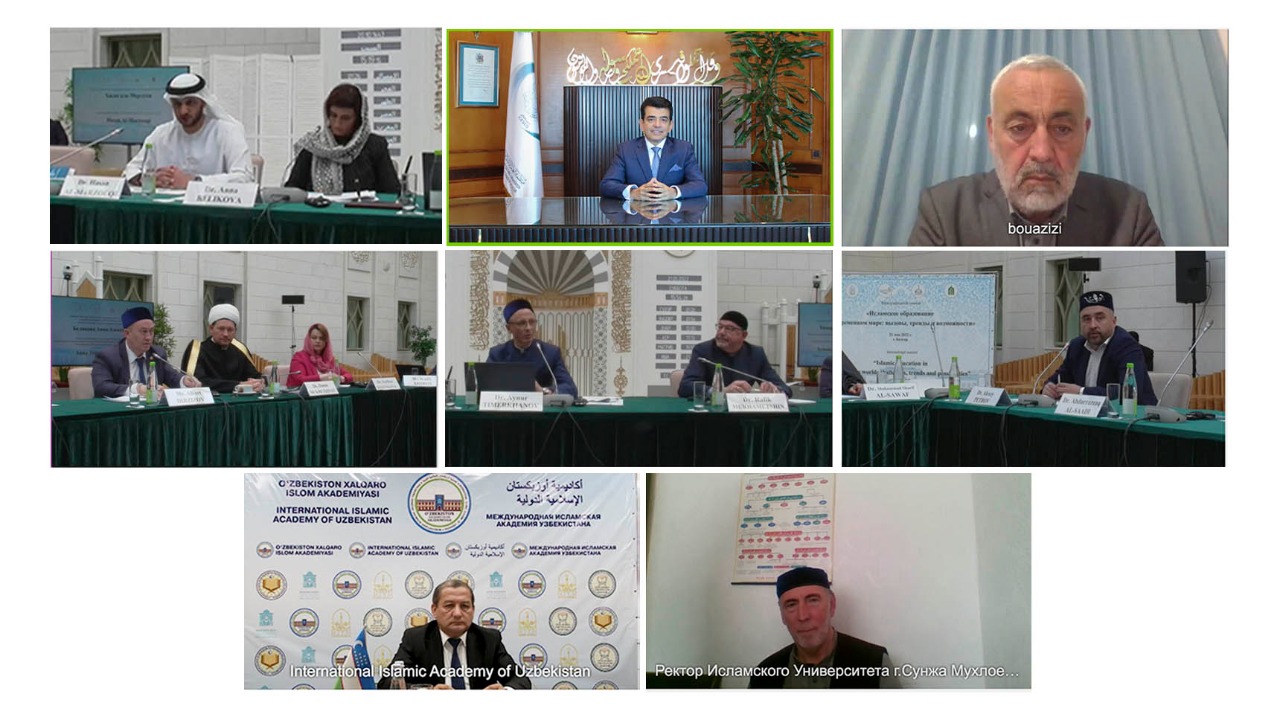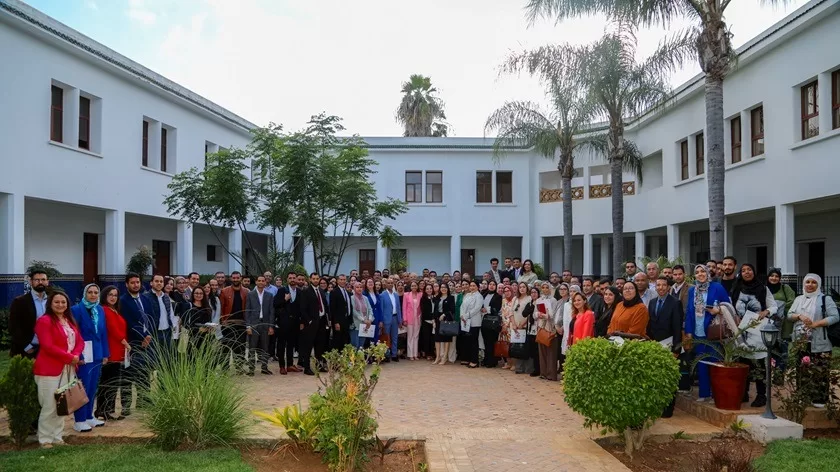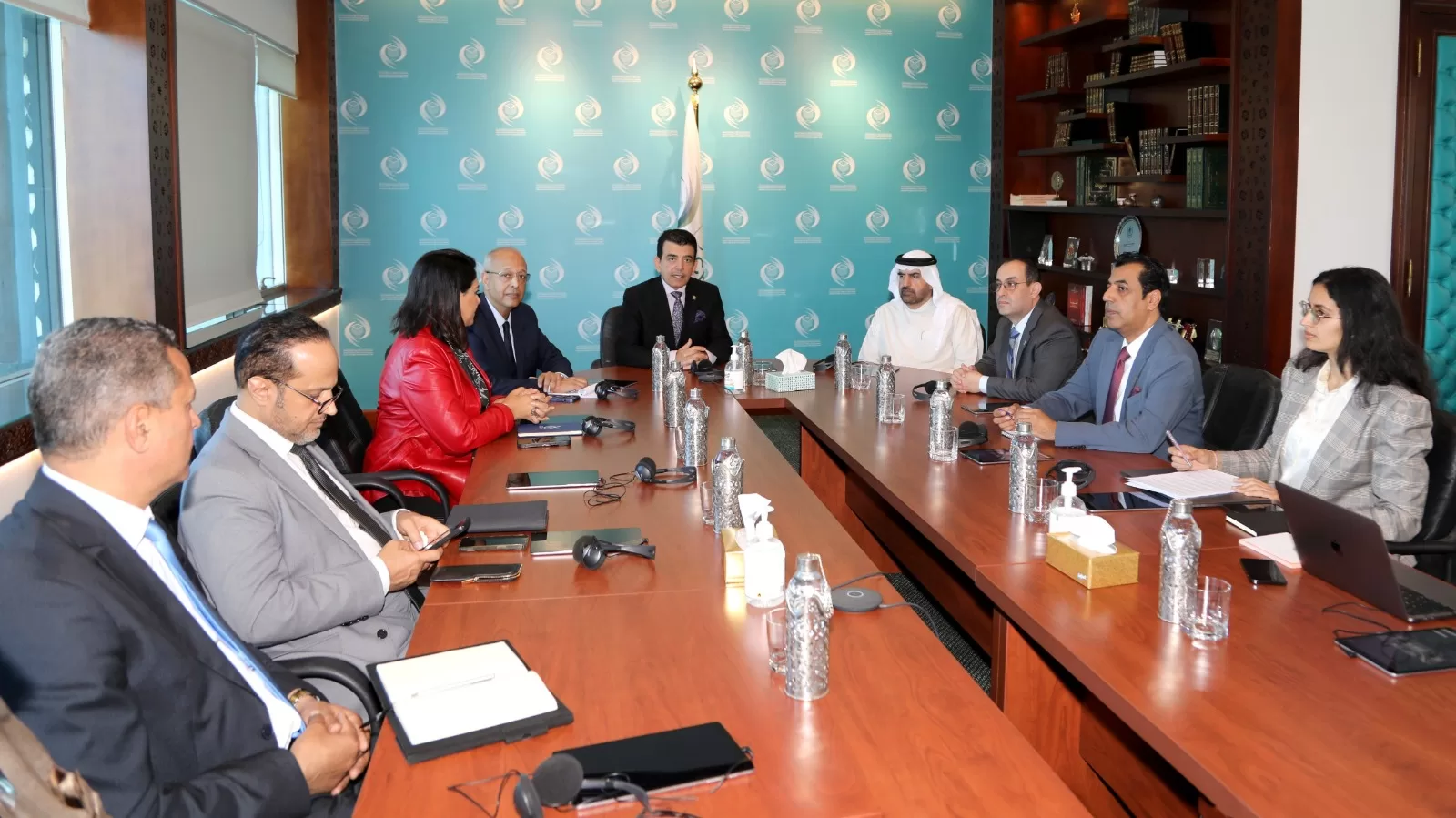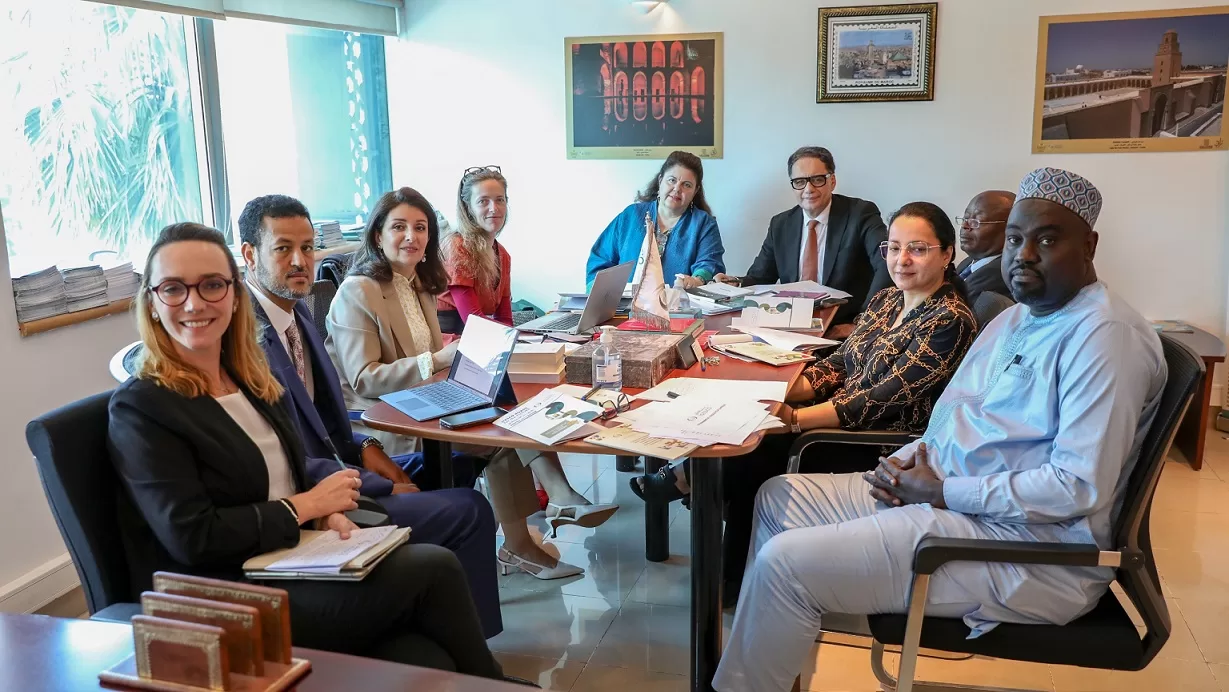
ICESCO: Developing Religious Education is Necessary for Building Prosperous Future for the Islamic World

23 May 2022
Dr. Salim M. AlMalik, Director-General (DG) of the Islamic World Educational, Scientific and Cultural Organization (ICESCO), stated that major challenges still face educators of Sharia and Islamic studies and modern universities specializing in Islamic jurisprudence in the Islamic world, preventing these institutions from assuming their roles in linking this Ummah’s glorious past with its present, anticipating a brighter future and overcoming the discord between a rich scientific and civilizational heritage and the ever-changing modern sciences to ensure humanity’s advancement and prosperity.
Dr. AlMalik made this statement in a recorded address to the opening session of the International Summit on “Islamic Education in a Modern World: Challenges, Trends and Prospects,” which is organized as part of the Fourth Session of the Bolgar International Forum on the Theological Heritage of the Muslims of Russia, which kicked off today, Saturday, May 21, 2022.
The ICESCO DG noted that reformists in various parts of the Islamic world have realized, at least two centuries ago, that achieving the cultural and scientific autonomy of the Muslim Ummah requires a religious reform that highlights and capitalizes on the Islamic scientific heritage through reforming educational curricula in the universities of the Islamic world and building Islamic universities that are on par with world-renowned institutions, following a comprehensive Islamic approach. He added that Russian Muslim reformists were the first to discuss the reality of education in their country, as documented in authentic pieces of evidence dating back to the early years of the 20th century.
Dr. AlMalik stated that before exploring ways to promote modern Islamic education, it is necessary to consider the desired outcomes of this type of education and reflect on its missions at this point in history, which include religious education and awareness, intellectual production and scientific research. He added that to allow Islamic education to carry out these missions, it is necessary to work on developing Arab Islamic culture and promote a modern culture based on dialogue and communication likely to contribute to the advancement of human thought through the valuable contributions of Muslim scientists. “The attainment of these goals hinges upon the reform of school curricula and teaching methods, giving utmost attention to teaching living foreign languages and integrating the various legal, human and social sciences,” Dr. AlMalik stressed.
At the close of his address, Dr. AlMalik expressed his wishes for the success of the Summit, hoping that it would be an opportunity to develop innovative visions and feasible proposals to promote the performance of religious education institutions, given their key significance.




